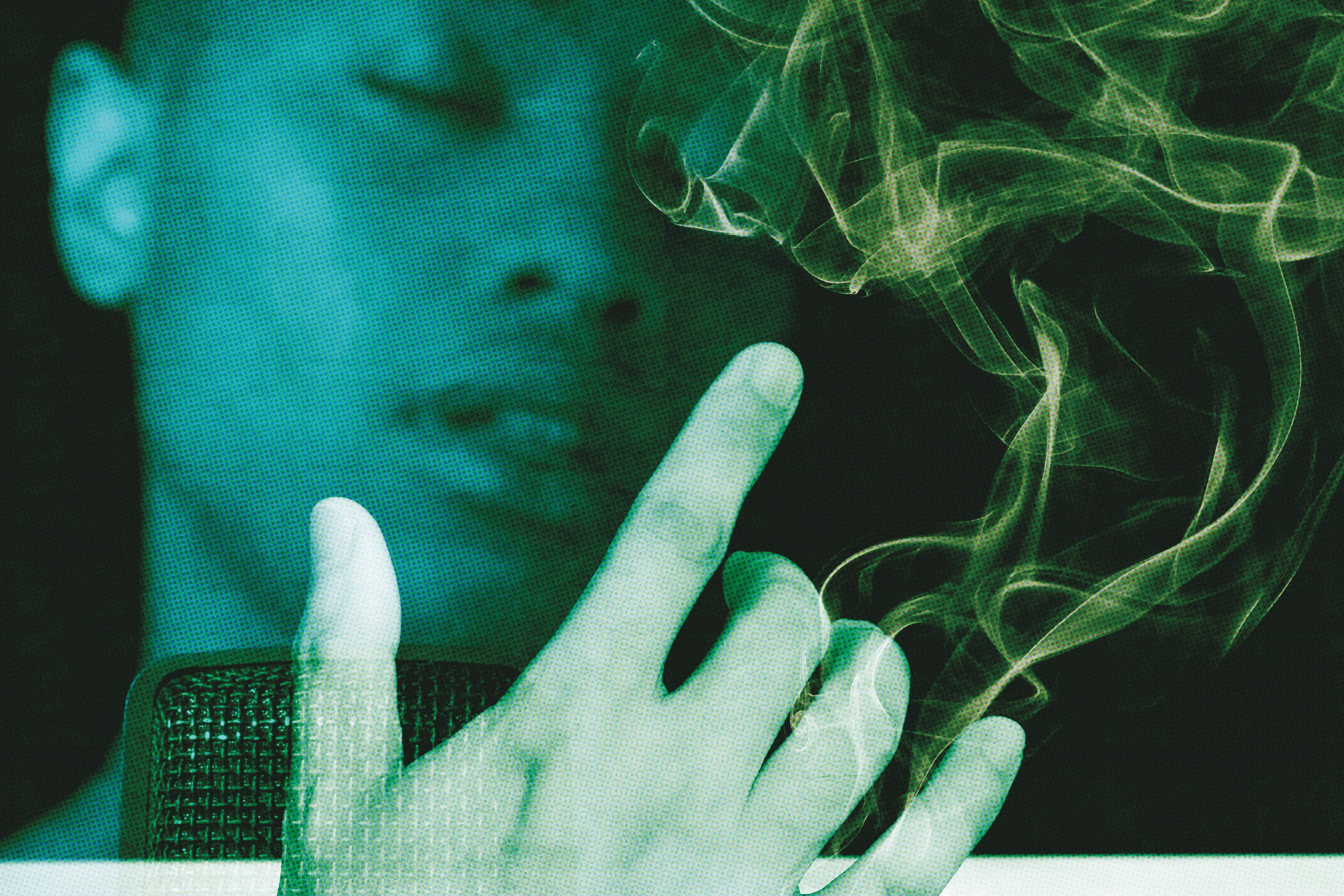Samiya Bashir Will Smash Your Definition of Poetry at TBA

Image: Courtesy Samiya Bashir
What, you may be wondering while browsing this year’s Time Based Art festival lineup, is 15 m = ? Here’s what we know: It features local poets Shayla Lawson and Dao Strom, with special guest Ronaldo V. Wilson and collaborating artist Roland Dahwen Wu, and involves Portland poet and Reed College professor Samiya Bashir overseeing an event that will guide poetry through space. You know, like a multi-dimensional poetry experience. Got it?
Maybe not, but in the grand tradition of TBA, it’s a boundary-pushing blend of art forms, and Bashir’s position at the helm is enough recommendation for many Portlanders familiar with her work (we published an original poem by Bashir last summer).
Bashir has long taken matters into her own hands as an artist. At age 19, when she realized no one was producing the kinds of plays she wanted to be a part of, she turned to writing in order to create things herself. “I just want to make my own things,” she says. “If nobody’s going to work with the things that exist or build the things that I want, then I’m just going to build them myself.”
Then there’s Fire & Ink, an advocacy organization and festival for black LGBTQ writers. Bashir is a founding organizer, having held the first festival in 2002. “At that time, the world of writing and publishing was very different. You didn’t see black faces everywhere: we were not welcome,” says Bashir. “You certainly didn't see queer faces in the mainstream. Black queer faces? Forget it! We were absolutely not welcome except in certain instances where we were kind of tolerated, almost as pets.”
Bashir hits a heightened sense of observation in her writing, born of a need to be vigilant as a woman of color. “I'm born and raised in America, so my race, my gender, my class—these things have been enforced as a part of how I move in the world, how the world experiences me and responds to me, since birth. It means that I've had to learn so much for simple survival reasons,” she says. “We talk sometimes about how white people don't necessarily understand us as black people, but the flip side is not true. We have to understand everything about them before we leave elementary school if we want to live.”
Her latest collection, Field Theories, published by Nightboat Books in March 2017, took six years to reach fruition. What finally made it click was taking a step back to assess the world and get clear about her message. “I stopped driving for a year because I really was so tired of being pulled over by really aggressive police throwing guns in my face," Bashir says. "In this city, where people are like, ‘Oh, this never happens.' Well, why did it happen to me four times [this year] and it's only spring? C'mon, people!”
Bashir's experience as a black woman in Portland and in America put a pause on her writing. “I was really overwhelmed by all of it," she says. "So I just stopped and allowed myself to metabolize that, and that process helped me to be clear about it all.”
Having her own show at TBA is a big achievement for Bashir, and one she says reflects a change in representation and attitudes. “When I first went to TBA, there were no black people,” she recalls. “I feel like now you look around and you really see the difference that this pushing by all of us has made. We're all very different artists and we make space for each other in a space not built for us. If we're going to be here, we have to figure out how we're going to survive here and a lot of that is working together and helping each other get the work out.”
15m = ?
6:30 p.m. Tue, Sept 12, PICA at Hancock: Annex, FREE




